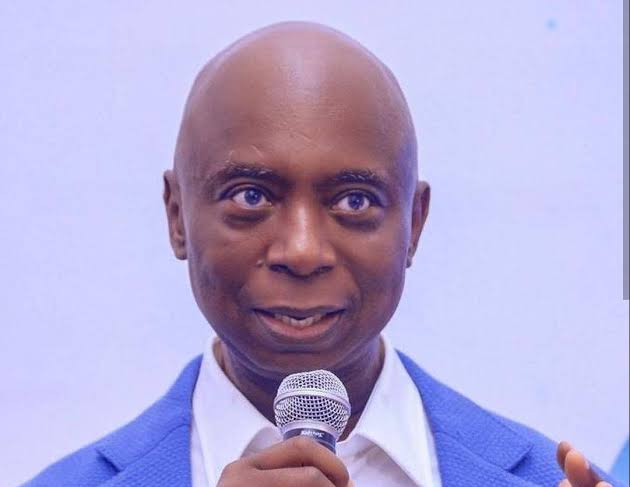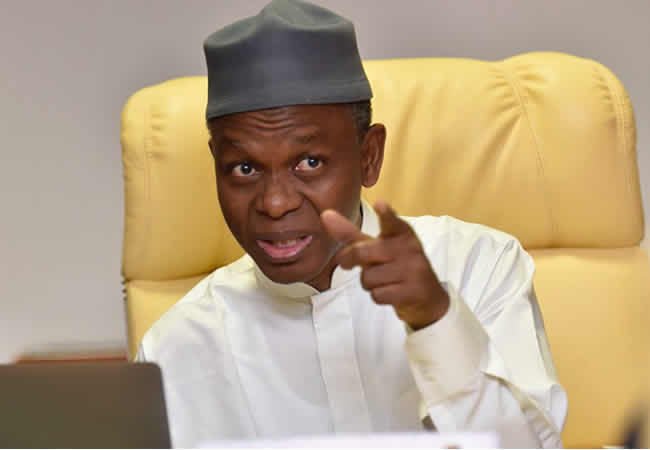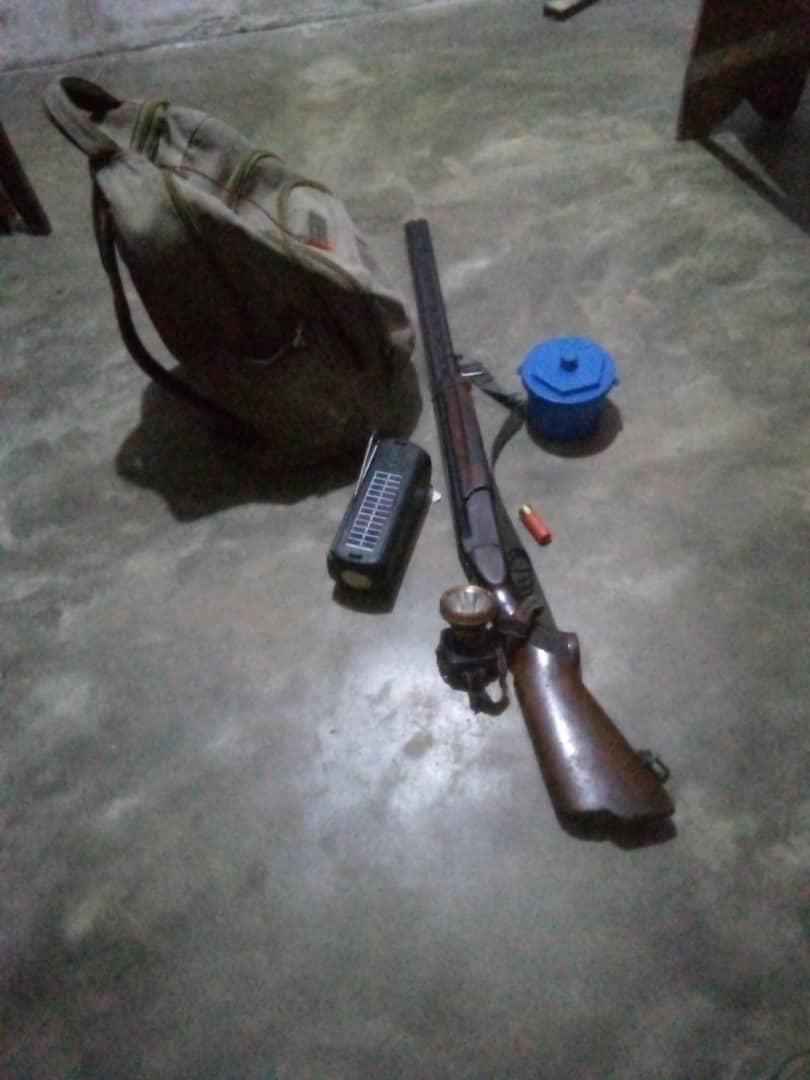The Peering Advocacy and Advancement Center in Africa (PAACA) has commended the Independent National Electoral Commission (INEC) and President Bola Tinubu for their decisive action in terminating the appointments of three suspended Resident Electoral Commissioners (RECs) from Adamawa, Sokoto, and Abia states.
In a statement released Friday in Abuja, PAACA’s Executive Director, Ezenwa Nwagwu, described the development as a “significant step toward ensuring accountability and restoring public trust in Nigeria’s electoral process.”
Ezenwa said President Tinubu’s formal request to the Senate for the termination of the appointments of Barrister Hudu Yunusa-Ari (Adamawa REC), Dr. Nura Ali (Sokoto REC), and Mr. Ike Uzochukwu (Abia REC) aligns with constitutional oversight provisions and reinforces the need for ethical conduct among election officials.
PAACA said INEC had taken initial disciplinary action by suspending the three RECs in March 2023 over their alleged misconduct during the general elections.
Yunusa-Ari was suspended for unlawfully usurping the Returning Officer’s role in the Adamawa governorship election and making an unauthorised declaration of results.
Dr. Ali and Mr. Uzochukwu were suspended for dereliction of duty, with Dr. Ali also facing prosecution over bribery allegations.
Ezenwa, however, explained the complexity involved in the discipline of personnel of the electoral commission, as it took over one year after their suspension before their eventual sack.
He said, “The decision of President Bola Tinubu to formally request the Senate to terminate the appointments of the three RECS points to the fact that while some Nigerians argue about INEC’s regulatory powers, it is imperative to recognise the constitutional framework within which the commission operates.
“It is essential to remember that the suspension of these officials for over a year highlights the complex process required for their removal, which necessitates the combined action of the President and the National Assembly. During this period, these individuals continued to receive full salaries, emphasising the need for oversight institutions to act decisively in the public interest.”




 2 weeks ago
26
2 weeks ago
26








 English (US) ·
English (US) ·